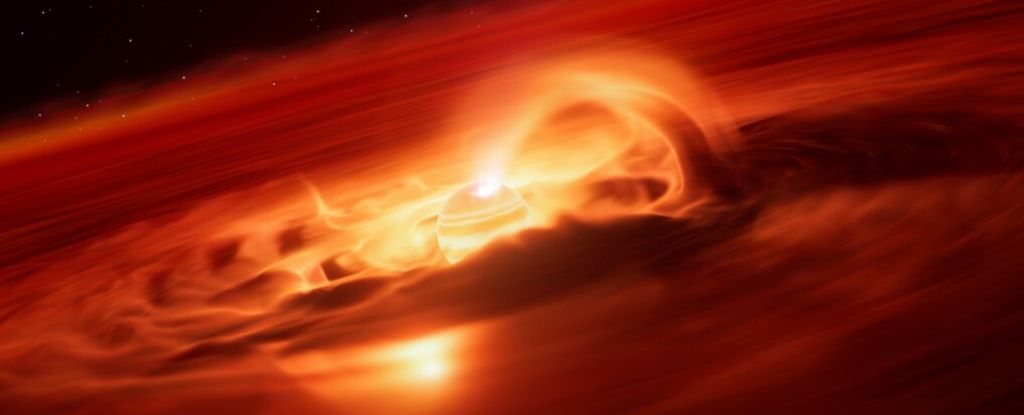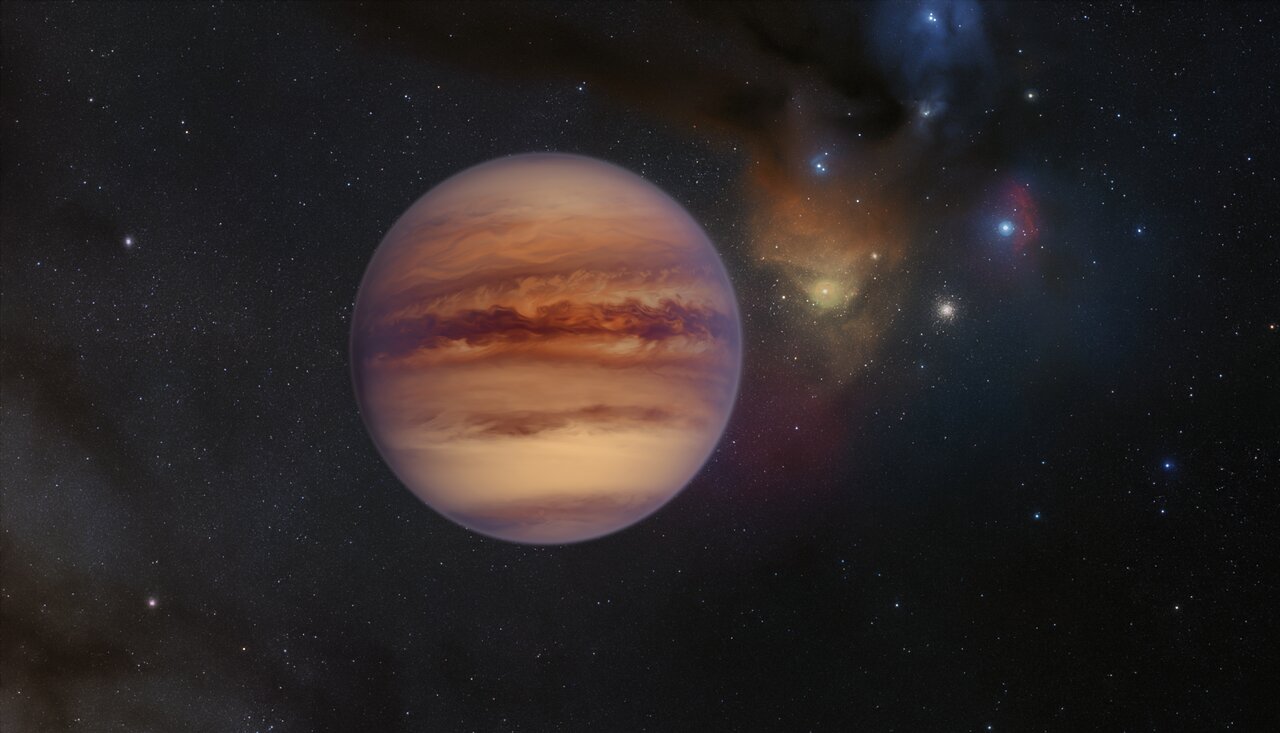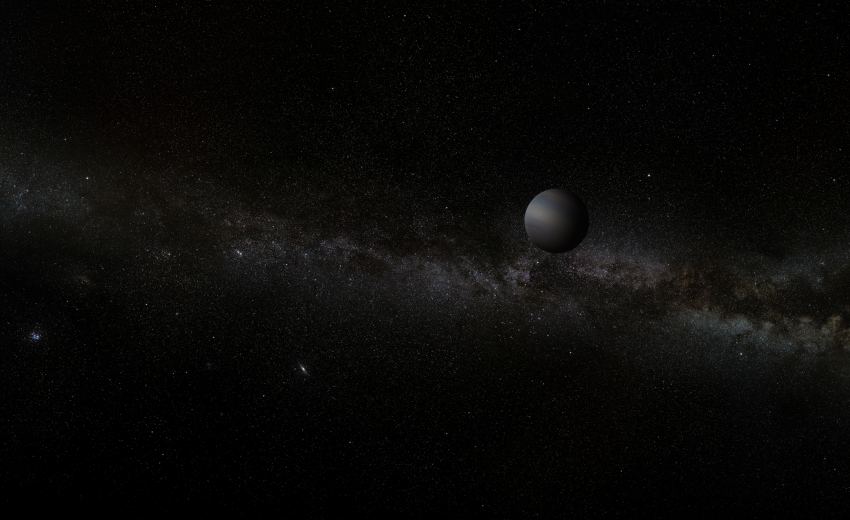
A young rogue planet about 620 light-years away from Earth has experienced a record-breaking "growth spurt," hoovering up some six billion tons of gas and dust each second over a couple of months.

A team of astronomers working with the James Webb Space Telescope (JWST) has detected six new ‘rogue planets,’ a discovery that could help us learn more about how stars and planets form.

in the Trapezium cluster, scientists have found dozens of planet-like objects roughly the mass of Jupiter untethered to any star, drifting through the galaxy in gravitationally-bound pairs.

Using telescopes from around the world, a team of astronomers recently discovered 70 additional free-floating planets (FFPs), the largest sample of “Rogue Planets” discovered to date in the Milky Way.

That incredible distance made the original discoverers of the planet back in 2011 think it was “rogue”. But a new research shows that the planet is in fact gravitationally bound to a star, just as an absurdly far distance.

Rogue planets are planets that might be lurking in the vast dark between stars. With recent discoveries we’re getting closer to definitively saying that they do exist.

Once a star left the gravitational embrace of its solar system, its pretty much destined to drift through interstellar space forever. Astronomers call these drifters “rogue planets” and one of them have been found recently.